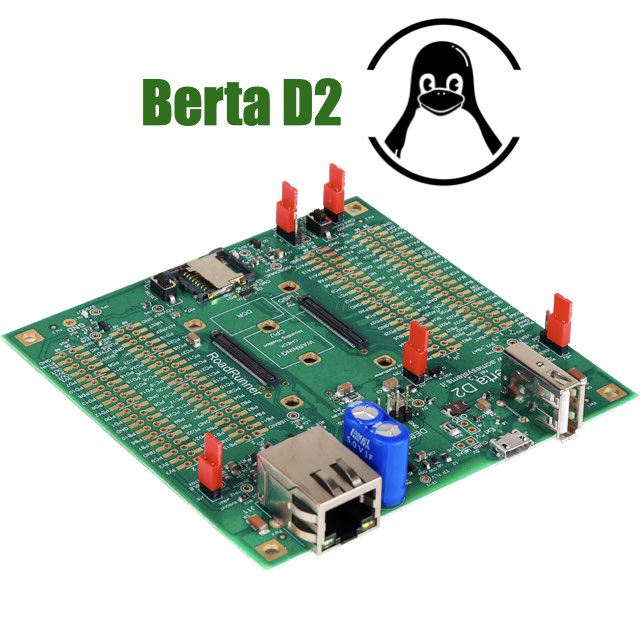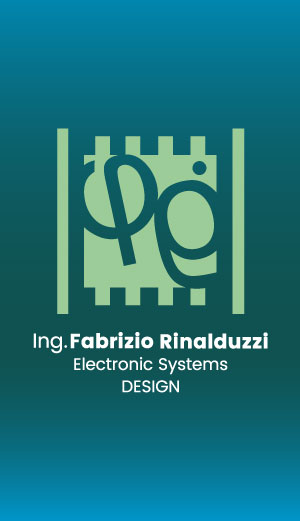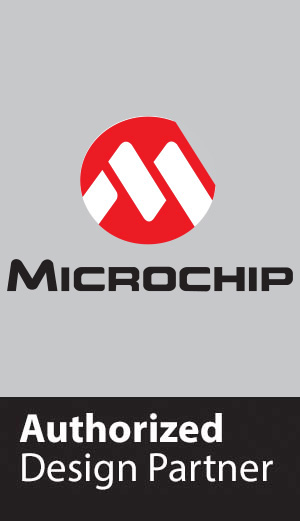Roadrunner technical documentation Buy
Compiling Linux Kernel 5.15 LTS for RoadRunner
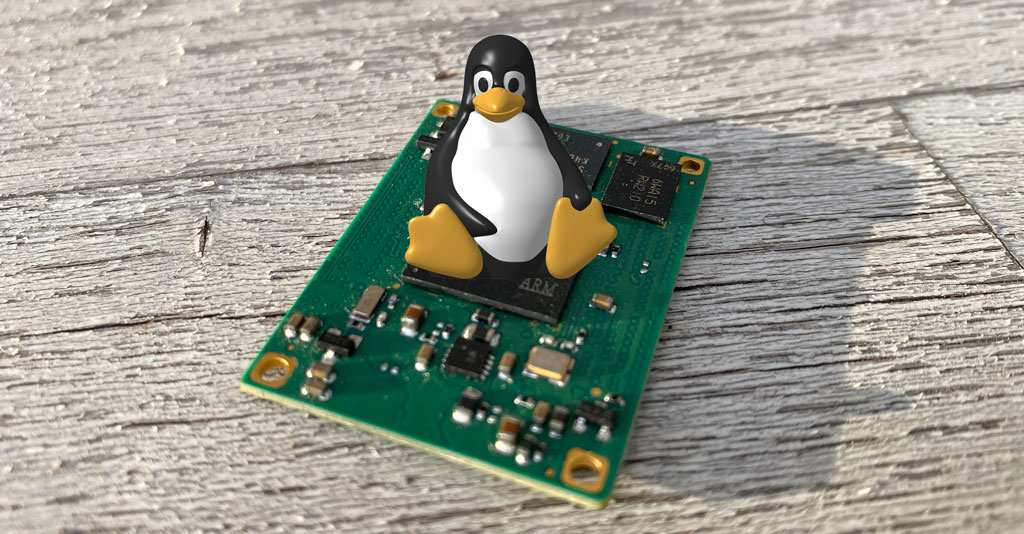
The contents of this article are mainly derived from the official Microchip reference page available on this link:
Prerequisite
- Install the ARM toolchain: Install the ARM cross compiler toolchain on your Linux PC
- It is advisable to have a Debug Port Interface like DPI or USB-3V-SER to check the error messages during the kernel bootstrap
Step-by-step Kernel cross-compilation procedure:
Kernel sources download
Open a terminal on your Linux PC and download the Linux Kernel sources from the main stream repository:
wget https://github.com/linux4microchip/linux/archive/refs/heads/linux-5.15-mchp.zip
unzip linux-5.15-mchp.zip
cd linux-linux-5.15-mchp
Compile the Kernel image
Download the Roadrunner Kernel config and generate the Kernel bootable class='acmetable' image:
wget https://www.acmesystems.it/www/roadrunner_compile_kernel_5_15/roadrunner_defconfig -O arch/arm/configs/roadrunner_defconfig
make ARCH=arm CROSS_COMPILE=arm-linux-gnueabihf- roadrunner_defconfig
Compile the Linux Kernel sources and generate the binary compressed image file to save in the first partition of microSD card.
make -j4 ARCH=arm CROSS_COMPILE=arm-linux-gnueabihf- zImage
...
Image arch/arm/boot/zImage is ready
Generate the Device Tree Blob file (.dtb)
Download our example of device tree source by typing:
wget https://www.acmesystems.it/www/roadrunner_compile_kernel_5_15/acme-roadrunner.dts -O arch/arm/boot/dts/acme-roadrunner.dts
Now compile the device tree file requested by your board by selecting one of the following commands:
make ARCH=arm CROSS_COMPILE=arm-linux-gnueabihf- acme-roadrunner.dtb
Compile the Kernel modules
The image generated contains the Linux Kernel and all the built-in device drivers (option [*] in menuconfig) compiled with it.
Al the drivers compiled as external modules (option [M] in menuconfig)
need to be compiled and saved in the rootfs /lib directory on the second
partition of the microSD. We didn't use any [M] flag in our defconfig so this procedure
is not requested but. in case you add something. these are the commands to use
to compile them:
make modules -j4 ARCH=arm CROSS_COMPILE=arm-linux-gnueabihf-
make modules_install INSTALL_MOD_PATH=./modules ARCH=arm
Copy the boot files into the first microSD partition
Insert a formatted microSD with the boot loader (at91bootstrap) and the rootfs contents already created in your Linux PC and copy on it these files:
Write the Linux Kernel image (zImage) and the device tree blob (acme-roadrunner.dtb) inside the first microSD partition:
sudo cp arch/arm/boot/dts/acme-roadrunner.dtb /media/$USER/boot
sudo cp arch/arm/boot/zImage /media/$USER/boot
Copy also the Linux kernel command file cmdline.txt
wget https://www.acmesystems.it/www/roadrunner_compile_kernel_5_15/cmdline.txt
sudo cp cmdline.txt /media/$USER/boot
Write the Linux Kernel modules inside the second microSD partition:
sudo rsync -avc modules/lib/. /media/$USER/rootfs/lib/.
After the first boot
At the first access to the board command line update the module dependencies by typing this command:
depmod -a
Links
- Microchip Linux4sam tutorial https://www.linux4sam.org/bin/view/Linux4SAM/LinuxKernel
Customize the default Linux Kernel configuration:
If you need to customize the Kernel configuration or you just want to take a look around the Kernel setup type:
make ARCH=arm menuconfig
and navigate inside the Kernel configuration using the arrow keys and following the help provided by the menuconfig interface.
Create a defconfig of your own Kernel configuration
make ARCH=arm savedefconfig
The file defconfig contains your configuration. You could rename and copy it in arch/arm/configs/
cp defconfig arch/arm/configs/my_defconfig
File used in this article
Related products

- CPU Microchip SAMA5D27
- Cortex A5 @ 500 MHz
- Low power consumption:
Suspend to RAM mode 10mW
Full speed: 396mW - Debian, Buildroot and Yocto Linux
- Fully open source drivers
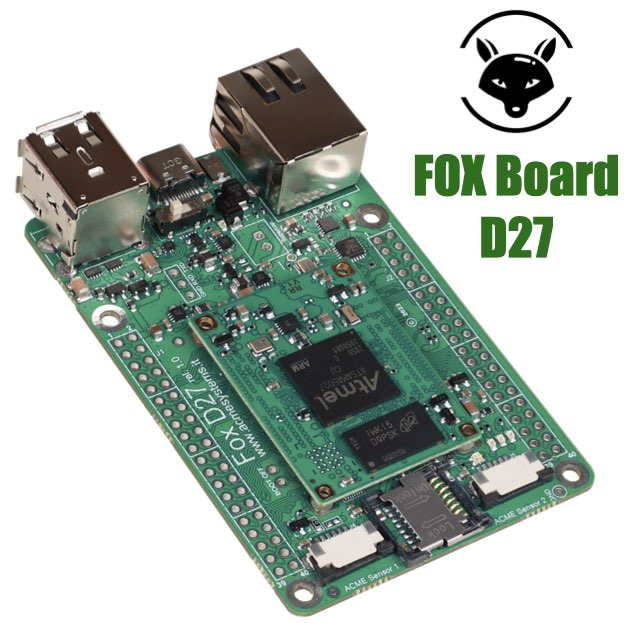
- Low power consumption
- Two USB Host 2.0 ports (one configurable as USB client on the USB-C connector)
- One 10/100 Mbit/s Lan port
- 2 Acme Sensor ports
- Huge set of GPIOS, SPI, I2C and serial lines
